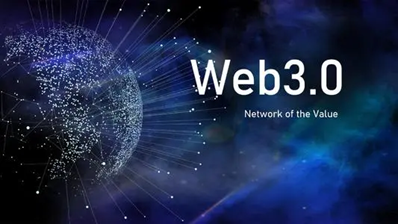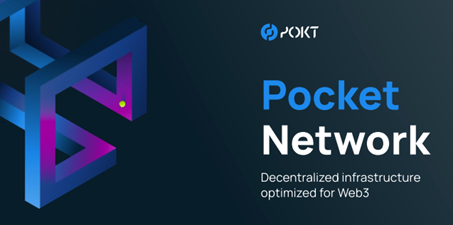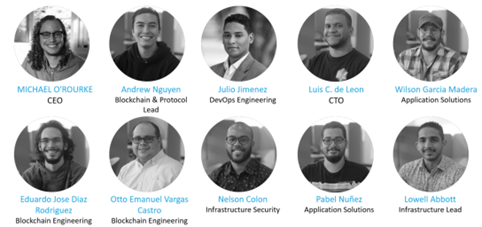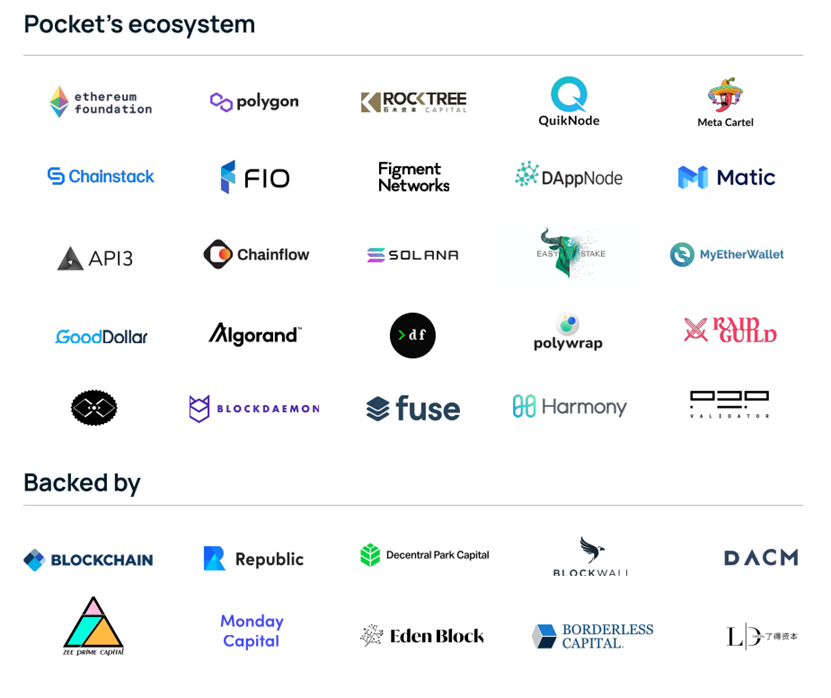In the past year, the encryption economy has experienced a new round of fluctuations, and the application of the DeFi ecosystem is one of the representatives of rapid development. Under the top trend of DeFi, NFT has exploded out of the circle, and has been continuously recognized by organizations at all levels around the world. However, NFT is still in the fomo stage in essence, and when it will develop stably depends on market feedback.
At the same time, the concept of metaverse will become popular in the second half of 2021. As a new type of Internet application and social form that blends virtual and real, metaverse will bring virtuality closer to reality through immersive experience. However, whether the metaverse can successfully build a new digital social system is still in the conceptual development stage.
Whether it is the DeFi ecology, or the NFT and metaverse ecology, it is inseparable from the support of the underlying technology of the blockchain. The development of these ecosystems is inseparable from the continuous innovation of blockchain technology. At this point, the Web3 ecology stands out, and Web3 is the only way to truly revolutionize blockchain technology.
Regarding Web3, it is a concept with Web3.0. In the traditional sense, Web3.0 is a new stage of Internet development. It is based on the current Internet (Web 2.0), and can effectively solve these shortcomings of Web2.0, so that the value of the Internet is ultimately attributed to users. At the same time, the changes brought about by Web3.0 have brought the Internet into a whole new level of development.
Experts believe these changes will make the Internet smarter and life easier. At the same time, practitioners in the encryption economy industry have given higher expectations to Web 3.0, looking forward to breaking the monopoly of traditional Internet giants and creating a new free world.
Practitioners believe that the emergence of Web3.0 is to change the traditional central data acquisition method. The decentralized network with blockchain technology as the core has a unique consensus mechanism, which does not require authoritative institutions or third parties to make decisions, but All nodes that store data in the network are driven by incentives to make common decisions, which ensures the authenticity of the blockchain database and makes the Internet more stable, secure and available.

In the current application ecology in the Web3 field, there are many underlying systems, such as Polkadot, Ethereum, etc., which will provide developers with some interfaces so that they can develop various decentralized applications on these underlying platforms.
In this way, users are endowed with a great deal of power, turning from a passive player on the Internet to an active player, and building a better interactive field for users. This is why more and more people place high hopes on Web3.0 s reason. But the Web3 ecology, like all emerging things, is not going smoothly. On November 11, 2020, Infura, a well-known node service in the Ethereum community, was exposed to an API service error, which led to the collapse of multiple services built on Infura , the frontend displays incorrectly.
The occurrence of this incident revealed related problems such as Infura's operating mechanism. By analyzing these problems, corresponding solutions can be found. In this regard, Pocket Network came into being. The emergence of Pocket Network will bring a huge turning point to the Web3 ecology. The following article will briefly analyze the fundamentals of Pocket Network.

Pocket Network, a distributed API infrastructure built for Web3 applications, provides a trustless API layer for easy access to any blockchain. The project aims to build a complete distributed network of blockchain nodes. Through the trustless protocol provided by the Pocket API, developers can seamlessly access these nodes, and combine encryption economic incentives to create a DAO ecosystem.
Pocket Network aggregates supply and demand and reduces costs through a distributed network, creating a powerful open source infrastructure layer.
The complete distributed network of blockchain nodes based on Pocket Network can realize the decentralized information interaction network of Web3.0, and provide a huge decentralized network for the blockchain as a consensus engine. Pocket Network can establish good interactive links through distributed networks to transfer information, assets, and data. At present, many blockchain projects such as public chains and alliance chains are developing day by day, and the ecological applications, funds, and data on them are also accumulating day by day, but these projects cannot communicate assets, data, and other information very well. It is not conducive to the growth of the entire blockchain world. The emergence of Pocket Network can fundamentally solve the problem of isolated information islands between multiple blockchains.
The value of Pocket Network can also be reflected in the traditional centralized market. In the traditional market, developers rely too much on a single service provider, and as the number of application visits increases, the cost also rises sharply.
Pocket Network can create a sustainable ecosystem by integrating the token incentive model by providing a trustless API protocol and relay network infrastructure. Provide distributed API infrastructure for the construction of Web3 applications, developers can seamlessly access these nodes, and greatly reduce the cost of building applications.

Pocket Network can achieve the above technological innovation and ecological construction, which is inseparable from the dedication of every member of the Pocket Network team.
Currently, the Pocket Network operation team has more than 30 full-time professionals distributed all over the world. The core staff consists of senior blockchain engineers, APP engineers, full-stack software engineers, big data architects, cross-chain technical experts, financial technology talents, cryptography experts, etc. The technical team is strong.
The core team has a shared history of success. The consultant team configuration is balanced, covering business, technology, operation, market, etc.

About Pocket Network investment institutions, including Blockchain.com, Eden Block, DACM and more than 200 other node operators, they provide decentralized data infrastructure for Web 3.0 applications. At the same time, Pocket Network's initial token sale is fully open, and anyone can buy POKT and run applications and nodes within the network.
In this public sale, more than 200 POKT were purchased by investors to run nodes in the network, increasing the number of nodes in Pocket Network by 15 times. More than 3,600 nodes from all over the world have greatly enriched the diversity of Pocket Network ecological participants and laid the foundation for building a safe and powerful ecosystem.
 RockTree Capital also played a key role in making Pocket Network a pioneer in the ecological transformation of Web3. As an important player in the field of investment and financing, Stonewood Capital is also a very successful investment and financing institution for strategic investment in "potential unicorns".
RockTree Capital also played a key role in making Pocket Network a pioneer in the ecological transformation of Web3. As an important player in the field of investment and financing, Stonewood Capital is also a very successful investment and financing institution for strategic investment in "potential unicorns".
RockTree said that investment projects mainly consider four dimensions: excellent team, international vision, technical content, and business model scalability. As for the Web3.0 field in this year and the medium and long-term development stage in the future, Stonewood Capital is very optimistic about this track. Stonewood Capital pointed out that The Graph, which was previously invested and brought to China, is a representative successful investment case.
The Graph, as the core infrastructure of Web3, provides the necessary components of user-level experience for decentralized applications. Developers can run a Graph node on their own infrastructure, which will greatly promote the development of the Web3 ecosystem. As for the recent strategic investment in Pocket Network, Stonewood Capital believes that Pocket Network is excellent both in terms of the project’s own development route and the overall technical architecture. It is believed that this emerging project that is becoming more and more decentralized and open will make a contribution to Web3.0 Contribute more.
The blockchain is the only way for the current Internet technology change. Any ecological application based on the underlying framework of the blockchain is inseparable from the breakthrough and innovation of the blockchain technology itself. Including NFT, Gamefi, and Metaverse are all ecology built based on the underlying technology of the blockchain. These ecological applications require good data infrastructure. What Pocket Network has been doing is to build a decentralized blockchain data foundation facility.
In the future, we will wait and see what impact Pocket Network will bring and how many Web3.0 ecological partners it will promote.